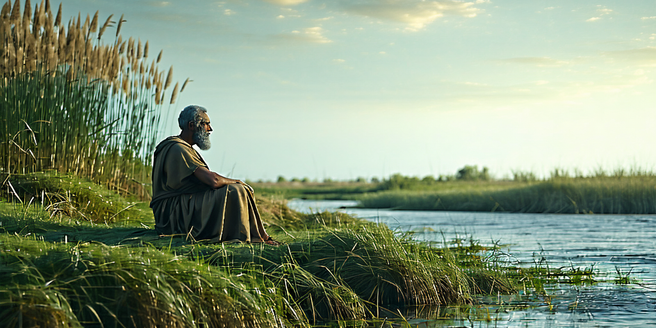Understanding Natural Law: A Brief Overview
Natural law is a concept that bridges the ideas of ethics and legality. It suggests that certain rights and moral values are inherent and universal, derived from nature and reason rather than human-made laws. This framework posits that individuals inherently know what is right and just, independent of enacted laws. One of its central tenets is that all human beings possess certain rights by virtue of being human. The idea of natural law has historical roots in ancient Greek philosophy, particularly through thinkers like Aristotle, and later in Roman legal theory. In contemporary discussions, natural law remains relevant in debates over human rights, lawmaking, and ethics. Understanding natural law provides insight into foundational ideas that underpin various legal systems and moral philosophies in both secular and religious contexts.
Historical Perspectives on Natural Law in Theology
Theological interpretations of natural law have significantly influenced the evolution of moral and legal norms within various religious contexts. Historically, Christian theologians, such as Thomas Aquinas, have been instrumental in integrating natural law into theological discourse. Aquinas posited that natural law is part of divine providence, suggesting that God’s eternal law is imprinted on human nature and can be discerned through reason. This view paved the way for natural law to become a critical component of Catholic moral theology. During the Protestant Reformation, theologians like Martin Luther and John Calvin offered differing perspectives, often challenging established interpretations. These historical perspectives underscore the dynamic nature of natural law in theology, demonstrating its ability to adapt to and inform an evolving understanding of human morality and divine will.
Key Theologians and Their Interpretations of Natural Law
Several key theologians have shaped the understanding of natural law throughout history. Thomas Aquinas remains a central figure, emphasizing that the principles of natural law are rooted in human nature and accessible through reason, reflecting a divine order. His synthesis of Aristotelian philosophy and Christian doctrine has deeply influenced Catholic thought. Protestant reformers like Martin Luther and John Calvin also engaged significantly with natural law, albeit with distinct emphasis. Luther was skeptical of human ability to fully comprehend natural law, while Calvin acknowledged it as part of God’s governance of the world. In more recent times, theologians such as Karl Barth have critiqued natural law from a Reformed perspective, arguing that divine revelation supersedes natural morality. This diverse theological dialogue continues to shape contemporary interpretations of natural law.
Natural Law in Modern Theological Debates
In modern theological debates, natural law continues to serve as a foundational concept in discussions on morality, human rights, and ethics. Its application has expanded beyond traditional religious contexts to address contemporary issues such as bioethics, environmental ethics, and social justice. The dialogue between natural law and human rights has gained prominence, especially in crafting arguments against relativism and in favor of inherent human dignity. In Catholic theology, the Second Vatican Council reignited interest in natural law as it sought to engage more deeply with the modern world. However, debates persist concerning its relevance and adaptation in today’s pluralistic society. These ongoing discussions reflect an enduring quest to understand how natural law can provide a moral compass in navigating complex ethical dilemmas, balancing tradition with contemporary challenges.
The Future of Natural Law in Theological Studies
The future of natural law in theological studies holds both promise and challenges. As global societies become increasingly complex and interconnected, the principles of natural law offer a framework for addressing universal moral concerns. Theological scholars are tasked with re-examining traditional doctrines to meet contemporary needs, ensuring natural law remains relevant. Emerging topics such as technology ethics, interfaith dialogues, and global justice demand an evolved understanding of natural law. Moreover, there is a growing interest in integrating insights from other religious traditions, expanding the scope of natural law beyond its predominantly Western roots. This cross-cultural engagement could enrich theological discourse and offer novel perspectives on universal ethics. As such, natural law continues to be a vital area of exploration, shaping the moral and ethical landscapes of the future.









